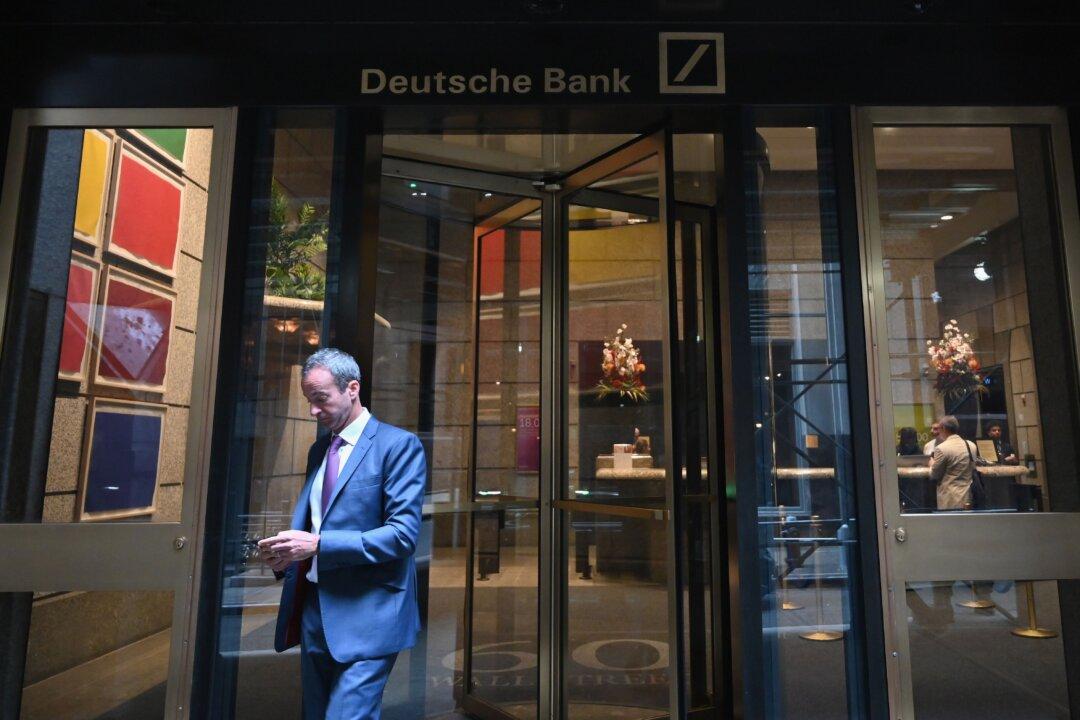NEW YORK—The civil fraud trial of former President Donald Trump ground onward Wednesday as defense witness Rosemary Vrablic, a former managing director of Deutsche Bank, explained how, under direct orders from her superiors, she actively sought to expand the global bank’s business relations with the Trump Organization and give it a central role in his ambitious real estate ventures.
Throughout the trial, the government lawyers have sought to depict President Trump—along with his sons and daughter, who are not defendants but have testified at length—as real estate grifters who exaggerated the value of President Trump’s assets in the hope of securing better terms for bank loans and insurance policies.





